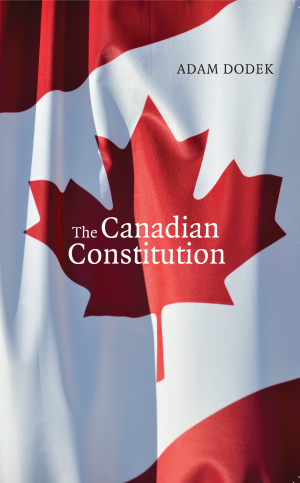Judicial Independence in Context
- By adodek@uottawa.ca
- 29 October, 2010
- No Comments
JUDICIAL INDEPENDENCE IN CONTEXT, A. Dodek & L. Sossin, eds., Irwin Law, 2010
This is the Table of Contents and Introduction from the book Judicial Independence in Context, published by Irwin Law in October 2010.
Judicial independence is widely acknowledged as a political good, constitutional norm, and foundation for the rule of law. It is easier, however, to identify the normative value of judicial independence than it is to define its contents and scope. Thus, the long-time US Supreme Court correspondent for the New York Times, Linda Greenhouse, astutely observed that judicial independence “is a concept easier to salute reflexively than to grasp fully.” In this book, our aim is to explore both the theory and practice of judicial independence, both in Canada and in comparative perspective. The theme of this book is that judicial independence is a highly contextual concept that has changed over time and varies with circumstance and other developments. As described below, the core understanding of judicial independence developed out of the particular circumstances in late-seventeenth century and early-eighteenth century England. The context for this collection of essays is linked to those roots. Yet in many ways, the issues relating to judicial independence have not surprisingly changed over the past several hundred years. And they are unlikely to be different even twenty years from now. Therefore, the context for this book is Canada at the end of the first decade of the twenty-first century. However, one of the paradoxes of judicial independence in the twenty-first century is that it now operates in a globalized context. As many have documented, judges and lawyers now interact in a globalized legal world.
The book contains essays on judicial independence in Canada and internationally, including chapters on the United States, South Africa, Israel and Pakistan.




 Copyright © 2024
Copyright © 2024